Coronavirus: Early COVID-19 vaccine may only alleviate symptoms, scientists warn
UK scientists have cautioned the first COVID-19 vaccine is unlikely to enable an immediate return to normal life.
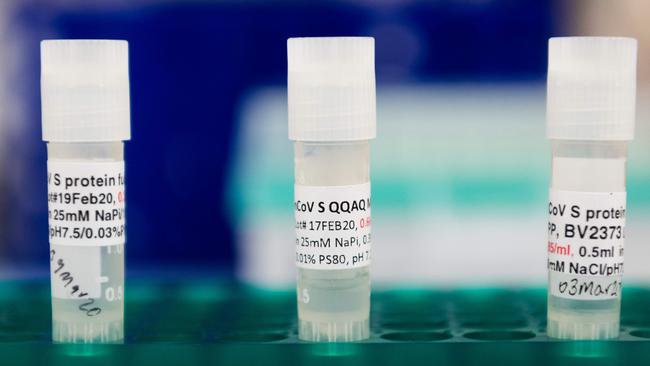
The first COVID-19 vaccine is unlikely to prevent people getting the disease and may only alleviate sufferers’ symptoms, scientists have told UK ministers.
Government scientific advisers are prepared for the first vaccine that gains regulatory approval to be only partially effective and are considering how to explain to the country the need for caution as it is introduced.
Boris Johnson has said previously that countries need to “work together to build an impregnable shield around all our people and that can only be achieved by developing and mass-producing a vaccine”.
Chris Whitty, the chief medical officer for England, believes that science will eventually “ride to the rescue” but that early inoculations are unlikely to protect everyone and the virus will continue to circulate.
A jab that cuts the risk of people falling seriously ill would be a huge advance, reducing deaths in high-risk groups and lessening disruption to services such as cancer treatments.
Experts say, though, that it would not enable an immediate return to normal life. Professor Whitty believes that a Covid vaccine comparable to the flu jab, which is 40 to 60 per cent effective, is realistic. The Oxford team leading the vaccine race has set a minimum target of 50 per cent protection.
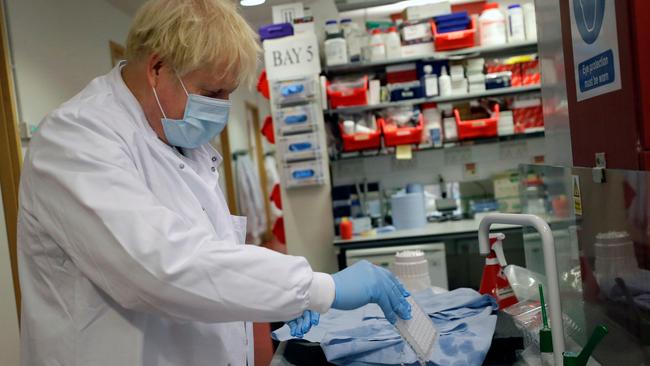
Experts say that a vaccine that reduces symptomatic coronavirus cases by half would be an immensely valuable tool. However, they caution that people should not expect the first generation of vaccines to be a “silver bullet”.
Some social distancing will remain
While the government believes that a vaccine will be ready for use in the first half of next year, restrictions will still be needed while millions of people are injected and some social distancing may remain afterwards. The extent of these measures would depend on how well the vaccine works. It is likely that people will need an initial vaccine and then a booster shot about a month later. Some may require doses of two entirely separate vaccines to stimulate their immune system sufficiently. “It depends on what we find,” a government source said. “It seems the most likely outcome in the short to medium term is to find a vaccine, or two doses of a vaccine, that reduces the severity of symptoms. It’s possible we might need several vaccines, but we are backing a lot of horses.”
‘We need to manage expectations’
The government has agreed to buy 500 million doses of six different vaccines. Charlie Weller, head of vaccines at the Welcome Trust, said that the first were likely to be limited in their effectiveness and that other measures would probably be required to control infections. “We need to manage everyone’s expectations on what these first frontrunners of vaccines can actually do,” Dr Weller said.
“There’s a lot of hope, understandably, resting on a vaccine that is going to be this wonderful one dose [that will give] full lifetime immunity and move us back to normality the next day, but it’s not going to be the perfect solution; it’s not going to be the silver bullet. They are not likely to provide full immunity or be fully effective for every age group and for every person. That’s a big ask — that you’re 100 per cent effective on every age group and every person. So it’s likely that we won’t get that.”
A 50 per cent level of efficacy may make it difficult to achieve herd immunity, where enough people are protected from the virus to prevent growth in infections. It is estimated that between 60 and 70 per cent would have to be protected to achieve herd immunity.
The Times


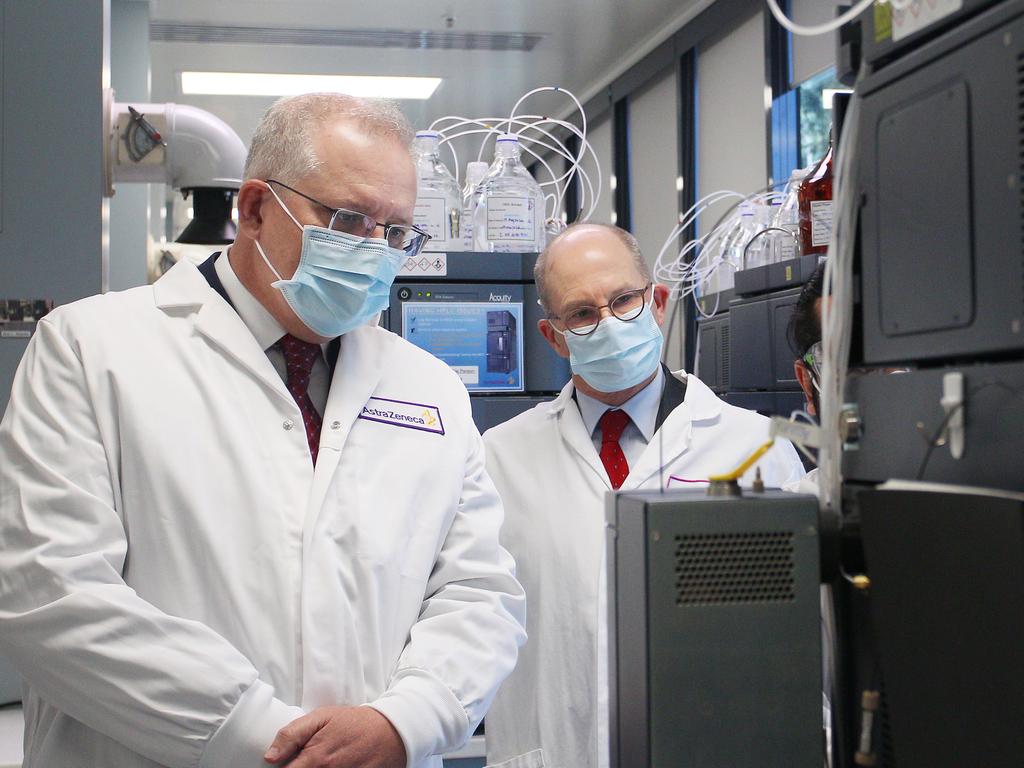
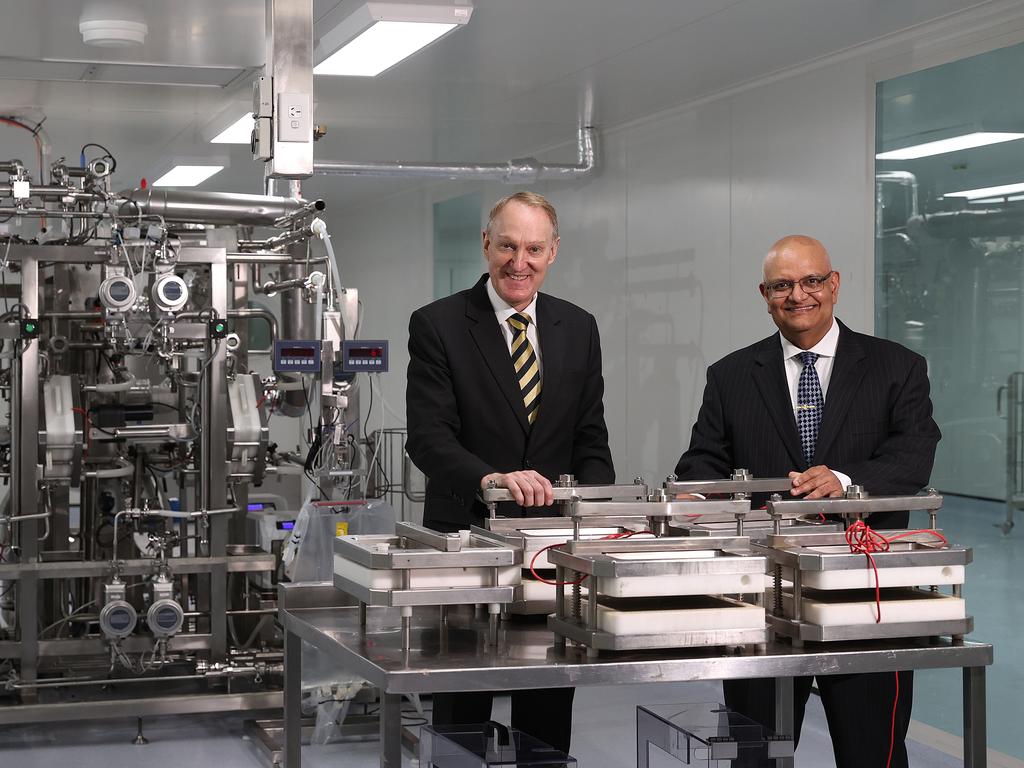
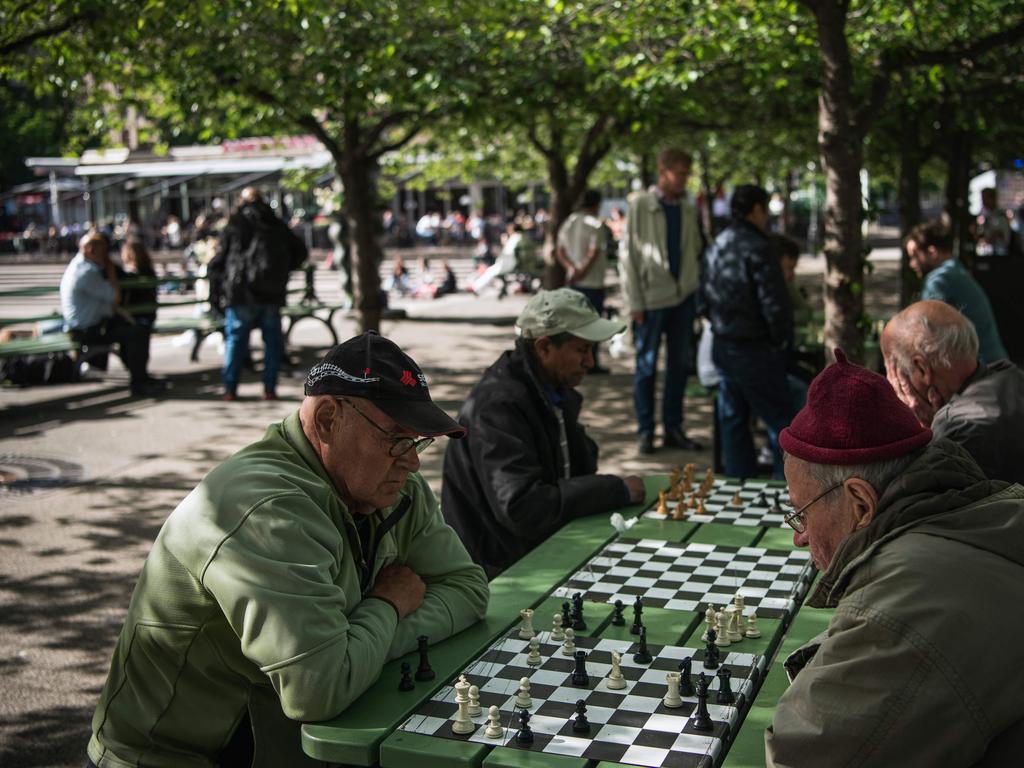


To join the conversation, please log in. Don't have an account? Register
Join the conversation, you are commenting as Logout